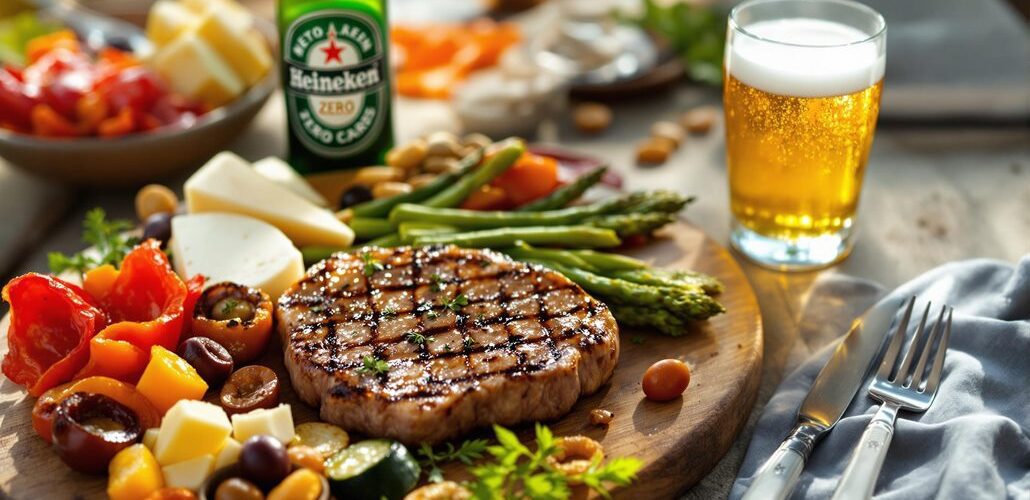
Heineken Zero Carbs is unique due to its cutting-edge brewing method that preserves taste while eliminating alcohol using vacuum distillation. It features a balanced flavor with fruity notes and a soft malty body, achieved by reintroducing natural flavorings post-distillation. This non-alcoholic beer is appealing to health-conscious consumers, offering 69 calories per 330ml serving, 4.8g of carbohydrates, and zero sugar. Its nutritional profile supports those on low-carb diets, aligning Heineken 0.0 with rising consumer preferences for healthier alternatives. These features contribute to Heineken's leading position in the non-alcoholic beer market, with more details available through further exploration.
Key Takeaways
- Heineken 0.0 uses a proprietary brewing method to remove alcohol while preserving authentic flavor.
- It contains 0g of sugar, appealing to those monitoring sugar intake.
- The beer offers only 69 calories per 330ml serving, making it a low-calorie choice.
- It features a balanced flavor profile with fruity notes and a soft malty body.
- The distinctive blue label differentiates Heineken 0.0 from traditional beers.
Unique Brewing Process
Heineken 0.0 frequently stands out in the non-alcoholic beer market due to its unique brewing process, which effectively removes alcohol while preserving the quintessential flavor profile of the original Heineken beer. This is achieved through a proprietary method, combining traditional brewing with innovative techniques.
Central to this process is vacuum distillation, a step that minimizes heat exposure, thereby protecting the integrity of the beer's flavor compounds. By employing vacuum distillation, Heineken guarantees minimal alteration of the original flavor profile during alcohol removal, a challenge that many non-alcoholic beers face.
Further enhancing the taste, natural flavorings are meticulously blended back into the beer post-alcohol removal. This careful restoration of flavors allows Heineken 0.0 to offer a balanced and invigorating taste that mirrors the classic Heineken experience.
The brewing process, honed over 15 years of extensive research, underscores the brand's commitment to quality and innovation in the non-alcoholic sector. Recognized as a significant advancement, this process not only raises Heineken 0.0's appeal among health-conscious consumers but also sets a benchmark within the industry for crafting non-alcoholic beers with authentic taste profiles.
Nutritional Highlights
In the domain of non-alcoholic beverages, nutritional transparency is essential, and Heineken 0.0 stands out with its clear nutritional benefits. As an alcohol-free alternative, Heineken 0.0 contains only 69 calories per 330ml serving, which is considerably lower than many traditional beers. This reduction in caloric content is largely attributed to the absence of alcohol, offering a healthier choice for moderate drinkers seeking to reduce their calorie intake without sacrificing the enjoyment of a beer.
One of the vital nutritional highlights of Heineken 0.0 is its carbohydrate content. With 4.8g of carbohydrates per serving, it contains 50% more than its full-strength counterpart. However, it remains a competitive choice compared to many other non-alcoholic options on the market.
This balance of carbohydrates is achieved while maintaining the original brewing ingredients—hops, barley, yeast, and water—ensuring that the traditional beer experience is preserved without the added carbs from alcohol.
Additionally, Heineken 0.0 contains 0g of sugar, making it particularly appealing for individuals monitoring their sugar intake. This combination of low calories, moderate carbohydrates, and zero sugar positions Heineken 0.0 as a nutritionally advantageous choice in the alcohol-free beverage category.
Flavor Profile
Offering a taste that closely mimics traditional beer, Heineken 0.0 delivers a balanced flavor profile characterized by invigorating fruity notes and a soft malty body. This alcohol-free beverage stands out due to its meticulous brewing process that effectively maintains a full-bodied taste.
The proprietary method involves removing alcohol post-fermentation, rather than preventing its formation. This technique guarantees that Heineken 0.0 retains the complex flavors typically associated with alcoholic beers, while offering the revitalizing fruity notes that enhance its appeal to health-conscious consumers.
The use of the same four natural ingredients—hops, barley, yeast, and water—as the original Heineken plays a pivotal role in achieving its authentic beer flavor. Despite being alcohol-free, the drink's flavor profile does not compromise on quality, delivering a satisfying taste experience with lower calories.
At 69 calories per 330ml bottle, Heineken 0.0 offers a lighter alternative without the heaviness of alcohol. Additionally, the strategic addition of natural flavorings post-distillation helps restore any aromatic compounds lost during the alcohol removal process, guaranteeing an enjoyable and flavorful experience.
This approach solidifies Heineken 0.0's position as a leading choice for those seeking a non-alcoholic, yet full-flavored beverage.
Market Growth and Trends
The non-alcoholic beer market is witnessing substantial growth, with a projected increase driven by a shift towards health-conscious consumption and moderation in drinking habits.
From 2010 to 2015, the zero alcohol segment in Europe and Russia saw a 5% CAGR, reflecting a growing preference for non-alcoholic options.
Heineken 0.0 has been a significant contributor to this trend, with a 7.7% rise in Heineken brand sales in 2018, underscoring the expanding market demand for healthier beverage alternatives.
Rising Health-Conscious Consumption
Health-conscious consumption is increasingly shaping the trajectory of the non-alcoholic beer market, as evidenced by the projected significant growth in this sector. This growth is largely driven by a shift towards moderation in drinking habits, with consumers prioritizing their health through lower-calorie and lower-carb options.
Non-alcoholic beers like Heineken 0.0 are at the forefront of this trend, offering a compelling choice for those seeking healthier alternatives. Importantly, Heineken 0.0 contains just 69 calories per 33cl bottle, making it an attractive option for health-conscious consumers intent on reducing their caloric intake.
The zero alcohol segment has demonstrated a consistent upward trajectory, with Europe and Russia experiencing a 5% compound annual growth rate (CAGR) from 2010 to 2015. This indicates a significant shift towards healthier beverage choices, particularly among younger generations who favor low-calorie and non-alcoholic options for social occasions.
The demand for transparency in beer ingredients and nutritional content is also rising, with 73% of consumers desiring more information. Heineken's commitment to health and wellness aligns well with these consumer preferences, positioning Heineken 0.0 as a leader in the evolving non-alcoholic beer landscape.
Expanding Non-Alcoholic Market
Amidst evolving consumer preferences, the non-alcoholic beer market is poised for considerable growth, particularly as health-conscious trends gain momentum. Currently, non-alcoholic beers account for less than 1% of the total U.S. beer market.
However, this segment is anticipated to grow markedly as more health-conscious consumers seek low-calorie and low-carb alternatives. This trend is not limited to the U.S.; in Europe and Russia, the zero alcohol segment experienced a compound annual growth rate of 5% from 2010 to 2015, underscoring a rising global demand for non-alcoholic options.
Heineken 0.0 exemplifies this shift, achieving remarkable sales growth across 38 markets. This success highlights a robust consumer interest in alcohol-free products, prompting breweries worldwide to expand their non-alcoholic offerings.
The increasing preference among younger generations for healthier beverage options is a key driver of this market evolution.
Market competition is intensifying as competitors launch similar non-alcoholic products, enhancing consumer choice within the alcohol-free category. This heightened competition stimulates innovation, encouraging breweries to develop beverages that cater to the growing demand for health-oriented, non-alcoholic options.
As a result, the non-alcoholic beer market is well-positioned for further expansion and transformation.
Target Demographic
Heineken 0.0 strategically targets health-conscious consumers by offering a beverage with only 69 calories and 0g of sugar, aligning with the increasing demand for low-calorie and low-carb options.
This product particularly resonates with younger generations who prioritize health and moderation, reflecting a broader trend towards reducing alcohol consumption.
Additionally, Heineken 0.0 caters to those seeking non-alcoholic alternatives, providing an inclusive option for social settings, thereby tapping into the growing market for healthier lifestyle choices.
Health-Conscious Consumer Appeal
A growing number of consumers are prioritizing health and wellness in their lifestyle choices, making Heineken 0.0 a compelling option in the beverage market. This non-alcoholic beer caters to health-conscious consumers by offering a lower-calorie alternative, with only 69 calories per 330ml serving. This calorie count is considerably less than that of many traditional beers, appealing to those mindful of their calorie intake.
In addition, Heineken 0.0 supports individuals on low-carb diets, containing merely 4.8g of carbohydrates and 0g of sugar per serving. This makes it particularly suitable for those monitoring their sugar intake and managing their carbohydrate consumption.
Heineken 0.0 aligns with the growing trend toward moderation in drinking habits, offering a viable choice for individuals who wish to partake in social experiences without the presence of alcohol. This includes pregnant women, individuals on medications, and those who prefer to abstain from alcohol for personal reasons.
The brand's focus on promoting inclusivity and responsible drinking resonates well with modern health-conscious consumers. By providing a non-alcoholic and low-calorie option, Heineken 0.0 positions itself as a leader in the market for those seeking healthier lifestyle choices in their beverage selection.
Younger Generations' Preferences
For younger generations, the preference for healthier lifestyle choices has greatly influenced their beverage selections, with data indicating a marked shift toward non-alcoholic and low-calorie options.
Heineken 0.0, offering an alcohol-free and low-carb alternative, is meticulously crafted to meet these evolving preferences. With only 69 calories and reduced carbohydrate content, it aligns with the dietary inclinations of those embracing low-carb diets. The strategic positioning of Heineken 0.0 targets younger consumers who prioritize a healthy lifestyle, leveraging social media campaigns and influencer collaborations to enhance its appeal.
This demographic's inclination toward alcohol-free beverages is further driven by a desire for social inclusivity and responsible drinking habits. Heineken 0.0 caters to this need, allowing individuals to partake in social experiences without the presence of alcohol.
The product's modern branding, characterized by its distinctive blue label, resonates strongly with younger generations seeking innovative and inclusive drinking options.
Key factors influencing the success of Heineken 0.0 among younger generations include:
- Low-calorie and low-carb formulation appealing to health-conscious consumers.
- Effective marketing through social media and influencer partnerships.
- Alignment with trends toward alcohol-free social experiences.
- Modern branding that speaks to contemporary values and aesthetics.
Marketing Strategies
How does a globally recognized brand like Heineken successfully introduce a non-alcoholic variant into a saturated market? With meticulously crafted marketing strategies, Heineken 0.0 has carved a niche in the alcohol-free segment. The distinctive blue label of Heineken 0.0 differentiates it from the iconic green, effectively signaling its alcohol-free status to consumers.
This visual distinction is essential in a market where clarity and transparency are paramount, especially when promoting responsible drinking and healthier lifestyle choices.
The integrated launch campaign for Heineken 0.0 was thorough, leveraging a mix of TV, digital platforms, and experiential promotions. This multi-channel approach guaranteed broad reach and engagement, effectively conveying the brand's message.
By partnering with high-visibility events such as the Spanish Grand Prix in Formula 1®, Heineken emphasized Heineken 0.0's role in social settings, reinforcing its tagline "Open to all."
Moreover, collaborations with influencers and lifestyle brands have been instrumental in connecting with health-conscious younger generations. These partnerships highlight the product's taste and quality, appealing to a demographic increasingly inclined towards healthier options without sacrificing flavor.
Frequently Asked Questions
Is Heineken Zero High in Carbohydrates?
Heineken Zero is not high in carbohydrates compared to traditional beers, having a caloric content reflective of its brewing process. Its flavor profile and minimal carbs offer health benefits, aligning with market trends towards healthier beverage options.
Will Heineken 0.0 Show up on a Urine Test Near?
Heineken 0.0, with its absence of alcohol, does not trigger alcohol metabolism, and consequently remains undetected in standard urine tests. Its non-alcoholic effects, low hydration impact, and minimal dietary considerations make it a viable option.
Is There a Lot of Sugar in Heineken Zero?
Heineken 0.0 contains 0g of sugar per 100mL, aligning with consumer preferences for health benefits. The taste profile remains balanced through ingredient analysis, offering a low sugar content beer without compromising flavor, appealing to health-conscious individuals.
Why Does Non-Alcoholic Beer Have so Many Carbs?
Non-alcoholic beer contains higher carbohydrates due to the brewing process, where residual sugars remain after alcohol removal. This contributes to its flavor profile, aligning with consumer preferences for taste, despite differing nutritional comparison and potential health benefits.
Conclusion
Heineken Zero Carbs distinguishes itself through its unique brewing process, which maintains flavor while eliminating carbohydrates. Nutritional highlights emphasize its suitability for health-conscious consumers. The flavor profile mimics traditional beer, appealing to those seeking non-alcoholic options without sacrificing taste. Market growth trends indicate increasing demand for low-carb and non-alcoholic beverages, positioning the product favorably within an evolving industry. Target demographics include health-focused individuals and non-drinkers, with marketing strategies leveraging these attributes to expand market presence effectively.
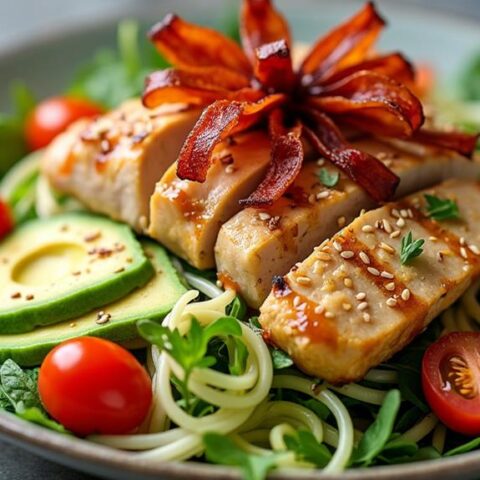
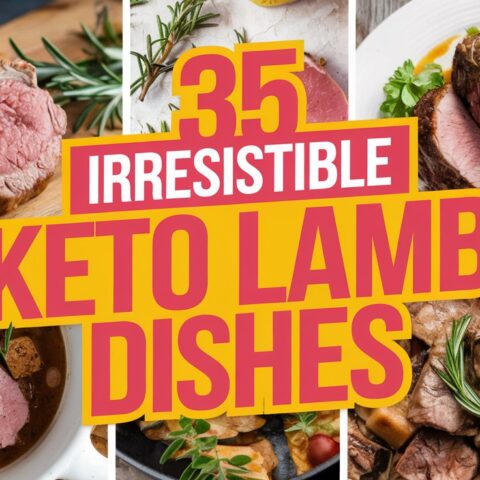
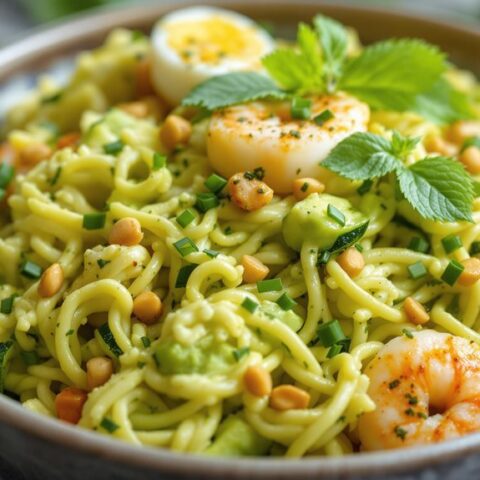

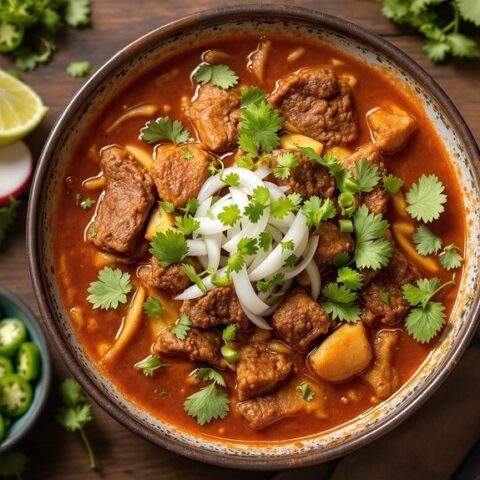
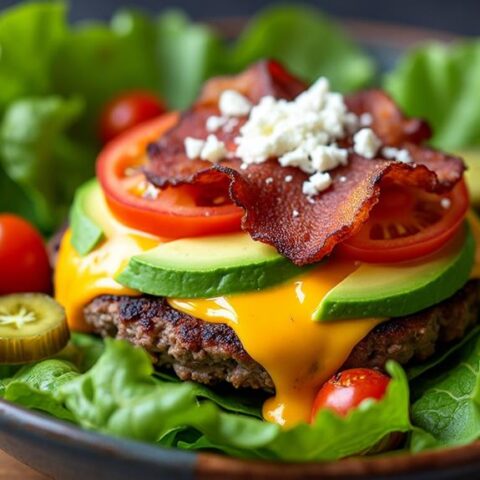




No Comments